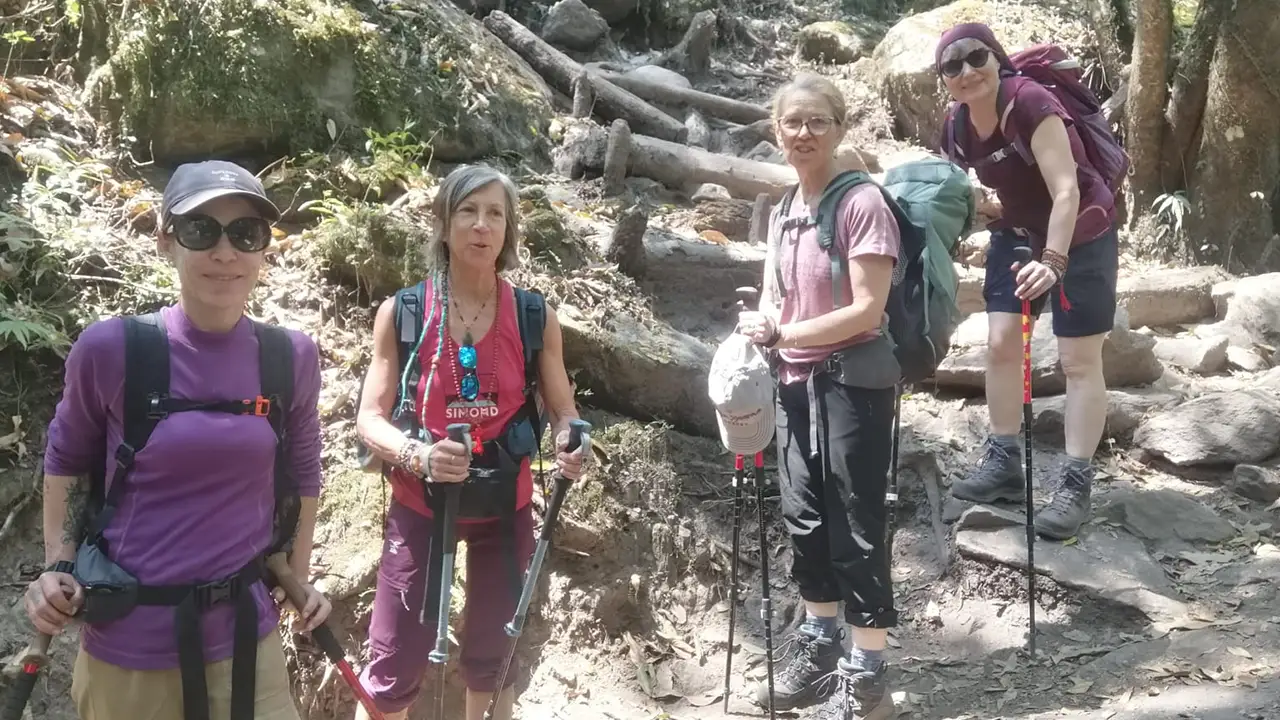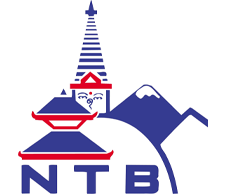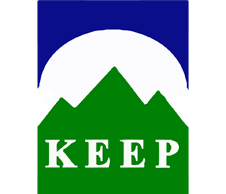
Trekking in Nepal is a dream come true for adventurers, offering awe-inspiring Himalayan views, vibrant culture, and thrilling trails. But choosing the best time to trek in Nepal can make or break your experience. From the iconic Everest Base Camp to the serene Annapurna Circuit, timing is everything.
In this guide, we'll break down Nepal's trekking seasons, weather conditions, and the pros and cons of each, helping you decide the ideal time to visit Nepal for trekking based on your preference
Overview of Trekking Seasons in Nepal
Nepal has four distinct trekking seasons:
| Season | Months | Highlights |
|---|---|---|
| Spring | March to May | Rhododendron blooms, moderate weather |
| Summer/Monsoon | June to August | Rainy, lush landscapes, fewer crowds |
| Autumn | September to November | Clear skies, peak trekking conditions |
| Winter | December to February | Cold, quieter, clear views |
Each season has its own charm, but spring and autumn are widely considered the best times to trek in Nepal.
Spring (March to May): The Best Time for Trekking in Nepal
Spring is often labeled the ultimate trekking season in Nepal. The weather is stable, and the trails are bursting with life.
✅ Pros:
-
Blooming rhododendrons and wildflowers
-
Moderate temperatures (especially at mid-altitudes)
-
Excellent visibility of Himalayan ranges
❌ Cons:
-
Increasing heat in lower regions by May
-
Popular trails can get crowded
Ideal Treks in Spring:
-
Annapurna Base Camp
-
Langtang Valley
-
Everest Base Camp
-
Upper Mustang (early May)
Autumn (September to November): The Peak Trekking Season
Autumn is arguably the most popular trekking season in Nepal, thanks to its post-monsoon clarity and comfortable climate.
✅ Pros:
-
Crisp, clear skies and panoramic views
-
Stable weather conditions
-
Vibrant local festivals (Dashain, Tihar)
❌ Cons:
-
High foot traffic on popular trails
-
Booking in advance is essential
Ideal Treks in Autumn:
-
Everest Base Camp
-
Annapurna Circuit
-
Manaslu Circuit
-
Ghorepani Poon Hill
Winter (December to February): Quiet Trails and Clear Skies
Winter offers a peaceful trekking experience with chilly yet stable weather—perfect for solitude seekers and photographers.
✅ Pros:
- Fewer tourists = more tranquility
- Crystal-clear mountain views
- Budget-friendly accommodation
❌ Cons:
-
Freezing temperatures, especially above 3,000m
-
High passes like Thorong La often closed due to snow
Ideal Treks in Winter:
- Lower Mustang
- Ghorepani Poon Hill
- Kathmandu Valley Treks
- Chisapani-Nagarkot
Monsoon (June to August): Lush Landscapes with Challenges
The monsoon season isn't the first choice for most trekkers, but it offers a unique side of Nepal with fewer crowds and vibrant greenery.
✅ Pros:
-
Least crowded season
-
Flourishing flora and fauna
-
Great photography in lower regions
❌ Cons:
- Slippery trails and leeches
- Cloudy skies may obscure mountain views
- Risk of landslides in some areas
Ideal Treks in Monsoon:
- Upper Mustang (rain-shadow region)
- Dolpo Region
- Nar Phu Valley
Best Time for Specific Treks
Here's a quick guide to the best months for Nepal’s most famous trekking routes:
| Trekking Route | Best Months |
|---|---|
| Everest Base Camp | March–May, September–November |
| Annapurna Circuit | April–May, October–November |
| Langtang Valley | March–May, September–November |
| Upper Mustang | May–September |
| Manaslu Circuit | March–May, September–November |
| Mardi Himal | March–May, October–November |
Tips for Planning Your Trek in Nepal
Planning ahead ensures a safe and fulfilling experience. Here are key tips:
✅ Choose the Right Season
Consider your fitness level, trail preferences, and tolerance for cold or crowds.
✅ Check Permit Requirements
Most treks require a TIMS Card and Conservation Area Permits (ACAP, MCAP, etc.).
✅ Book Early in Peak Season
Autumn and spring are busy—book your flights, guides, and tea houses in advance.
✅ Pack Accordingly
Your packing list should reflect the season. Layers are key in all seasons, especially for higher altitudes.
✅ Consider Altitude Sickness
Acclimatize slowly, especially on treks above 3,000 meters. Spring and autumn offer better acclimatization windows.
Conclusion: When Should You Go?
So, what's the best time for trekking in Nepal? It depends on what you value most.
- For perfect weather and views: Go in autumn (Sept–Nov)
- For blooming trails and fewer crowds: Try spring (March–May)
- For peaceful, budget-friendly trips: Explore in winter (Dec–Feb)
- For unique, offbeat experiences: Venture in the monsoon (June–Aug) to rain-shadow regions
No matter the season, Nepal’s trails promise unforgettable adventures. Just plan well, trek responsibly, and embrace the magic of the Himalayas.


Leave a Comment